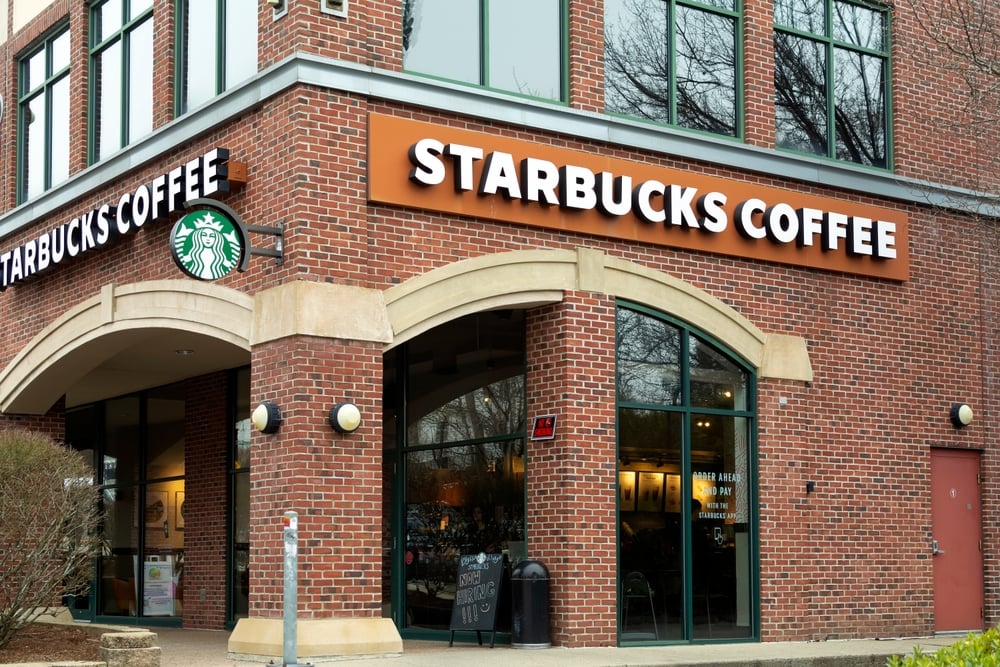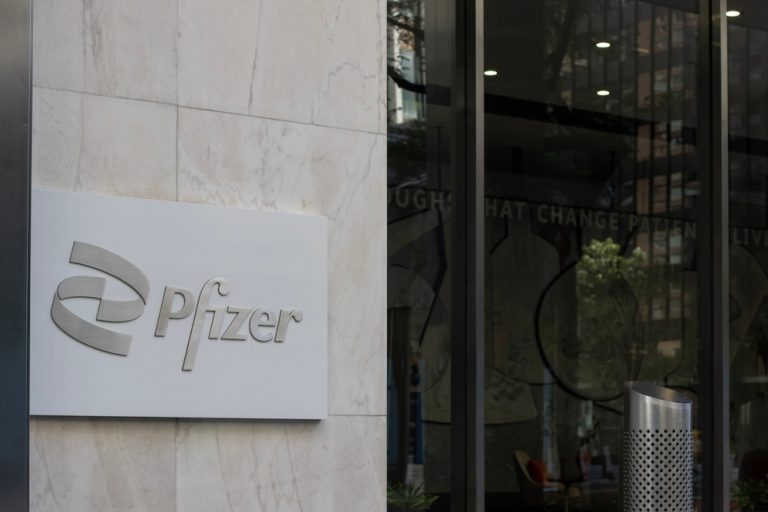In response to the growing challenges posed by climate change, Starbucks has invested in two new coffee farms in Central America. The coffee giant, which buys 3% of the world’s coffee supply, hopes to protect its future supply chain by studying how different coffee varieties perform under varying environmental conditions. This move comes as extreme weather continues to pressure coffee production, making it harder for Starbucks to source its essential Arabica beans.
Expanding Coffee Research Efforts
More than a decade ago, Starbucks purchased its first coffee farm in Costa Rica to explore sustainable growing methods and protect its coffee supply from the effects of climate change. On Thursday, the company announced it has added two more farms to its portfolio—another in Costa Rica and its first in Guatemala.
The new farms will serve as research hubs where Starbucks will test hybrid coffee varieties across different elevations and soil conditions. Roberto Vega, Starbucks’ vice president of global coffee agronomy, research and development, and sustainability, explained the significance of this research: “We can develop new hybrids, but the fact that a hybrid works in one country and under certain conditions doesn’t mean that it’s going to be working everywhere.”
These hybrid coffee plants are designed to be more productive and resistant to coffee leaf rust, a fungus that thrives in warmer, wetter climates and has increasingly threatened coffee crops worldwide.
Addressing the Pressures of Extreme Weather
Coffee production has been under immense pressure in recent years due to rising global temperatures, frosts in Brazil, and three consecutive years of La Niña weather patterns. As a result, coffee farmers in the Coffee Belt—the equatorial region with ideal growing conditions for coffee beans—have faced shrinking harvests, impacting supply and driving up costs.
“Frosts in Brazil have already impacted volumes of up to 50%, so we can have really severe impact in terms of product availability, and that is more and more regular in the whole Coffee Belt,” Vega said. These supply challenges have led to an 18% increase in consumer coffee prices over the past five years, according to the Bureau of Labor Statistics.
By investing in research at its new farms, Starbucks hopes to develop coffee varieties that can withstand these environmental stressors, ensuring a stable supply for the future.
Tackling Broader Farming Challenges
Beyond climate change, Starbucks is also focused on solving other challenges faced by coffee farmers. In Guatemala, the company’s new farm is small, with depleted soil and low productivity. Starbucks plans to revitalize the farm by improving its soil health and increasing yields, and then share these practices with other farmers in the region who face similar issues.
“The farm is not necessarily in good shape, and that’s exactly what we were looking for. We wanted a farm that really mirrors the challenges that farmers are having today,” Vega said.
Meanwhile, at the second farm in Costa Rica, located near Starbucks’ Hacienda Alsacia property, the company plans to experiment with drones, mechanization, and other technologies to address labor shortages that plague many coffee-growing regions in Latin America.
A Global Approach to Coffee Sustainability
Looking ahead, Starbucks has ambitious plans to expand its research efforts globally. The company intends to purchase two additional farms in Africa and Asia, further stretching its agricultural portfolio across the Coffee Belt. This global approach aims to develop and share sustainable farming practices that can help coffee growers around the world adapt to climate change and other farming challenges.
As climate change continues to threaten coffee production, Starbucks is taking proactive steps to safeguard its supply chain. By investing in innovation farms, researching hybrid coffee varieties, and addressing broader agricultural challenges, Starbucks is positioning itself at the forefront of sustainable coffee production. These efforts not only aim to secure the future of its coffee business but also offer valuable insights and solutions to coffee farmers globally.






















